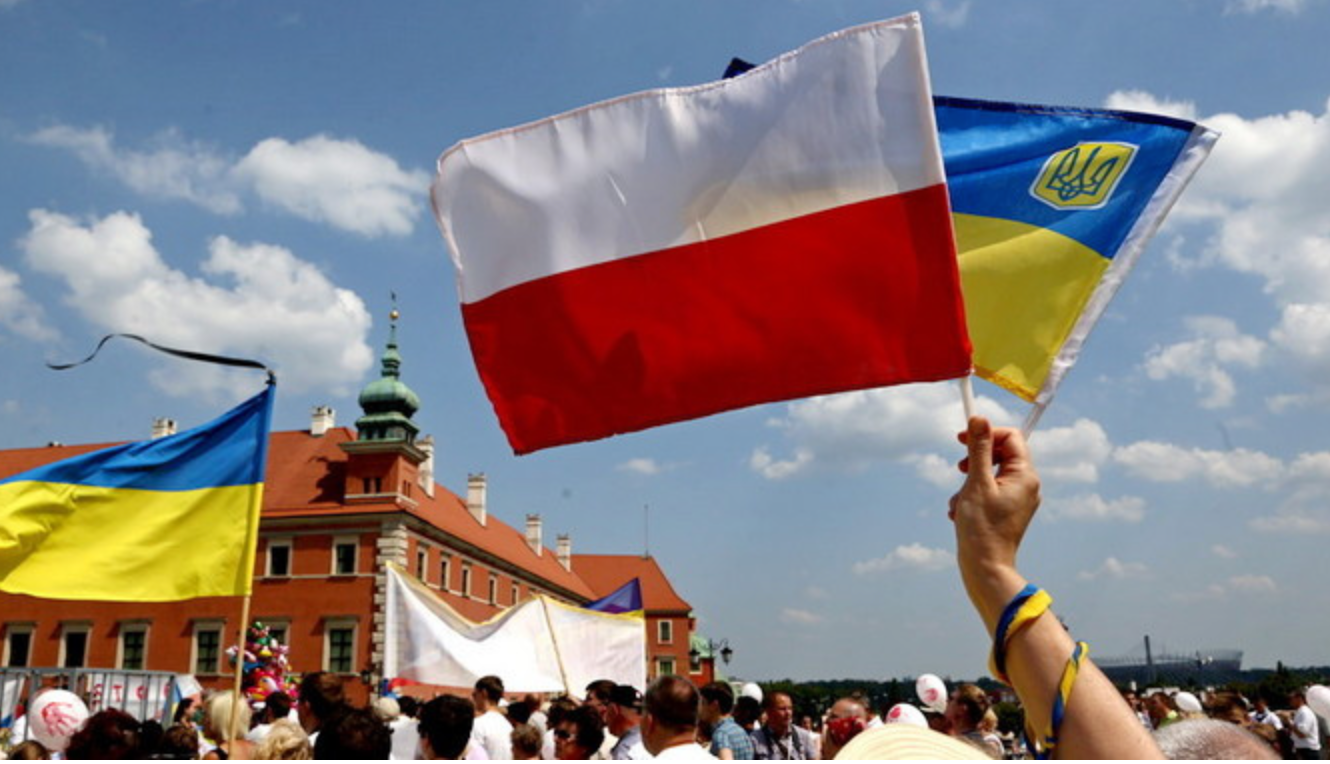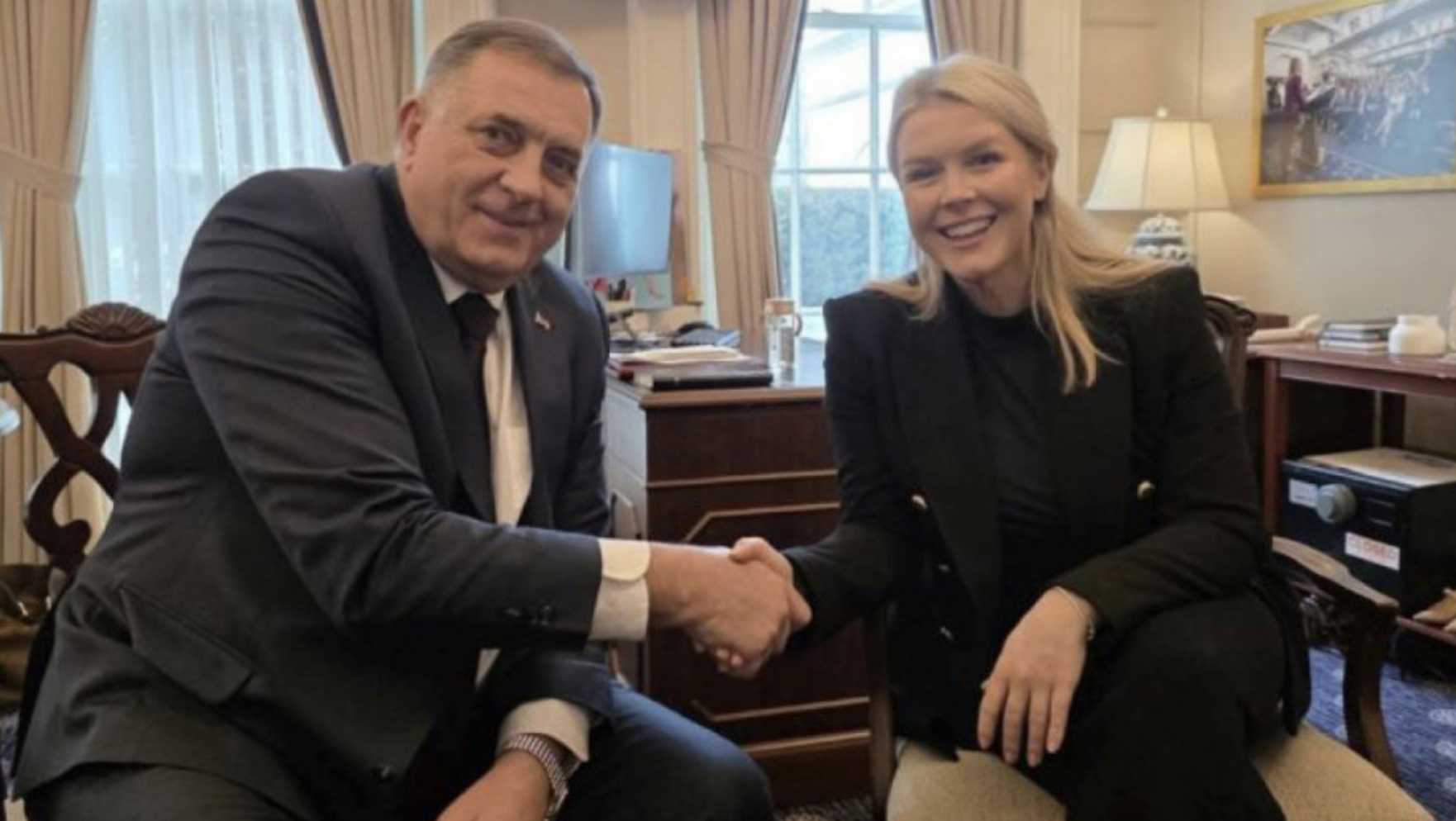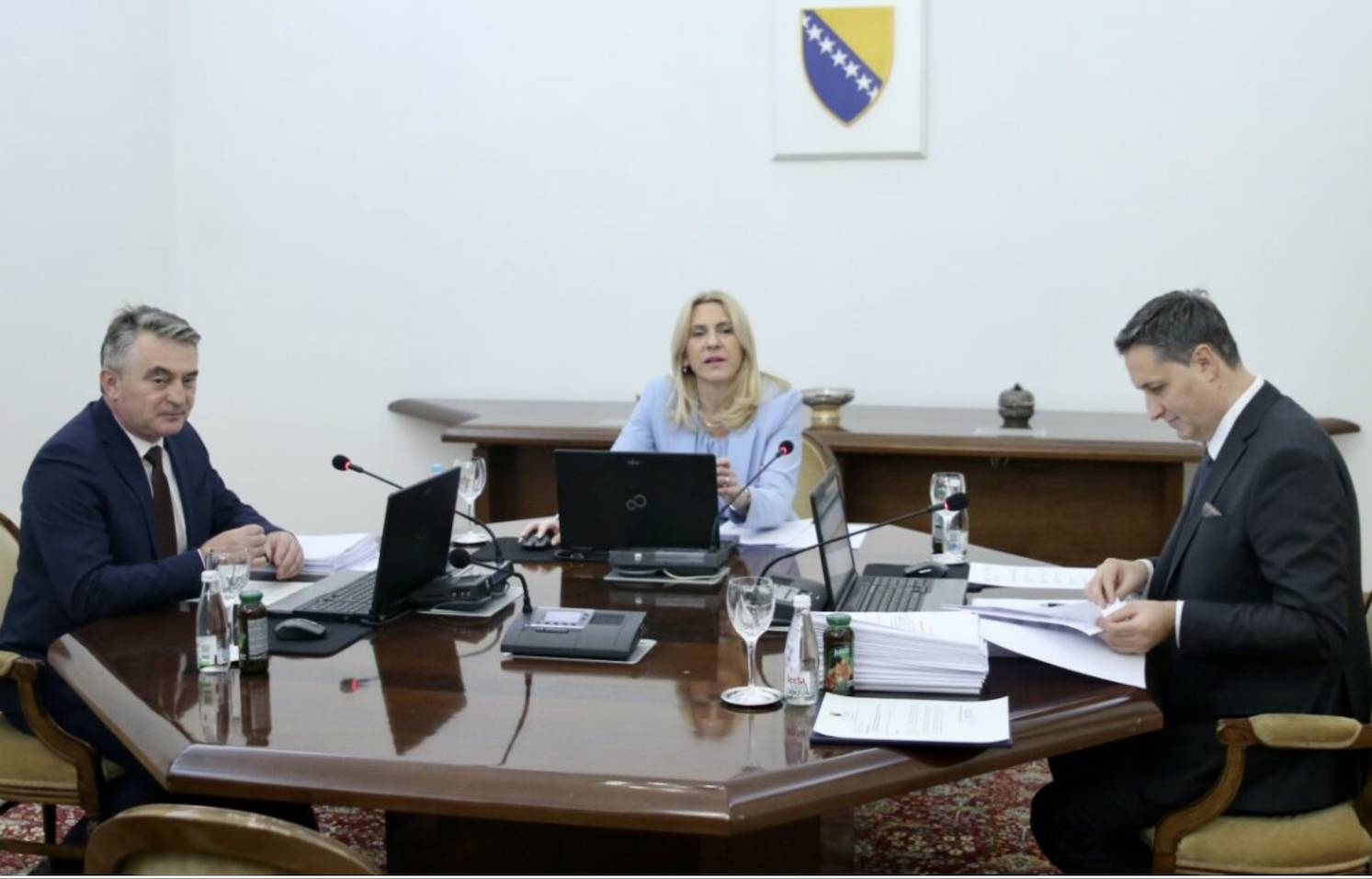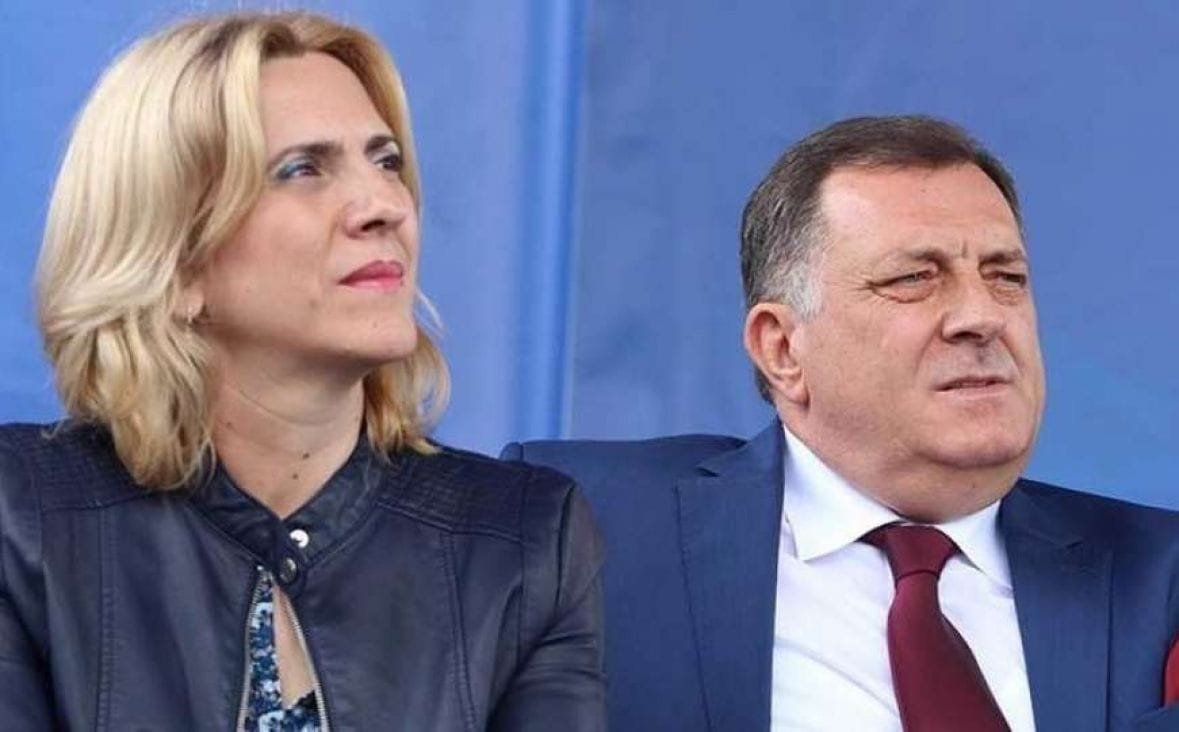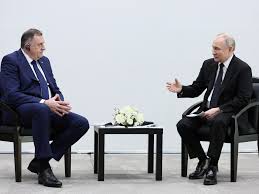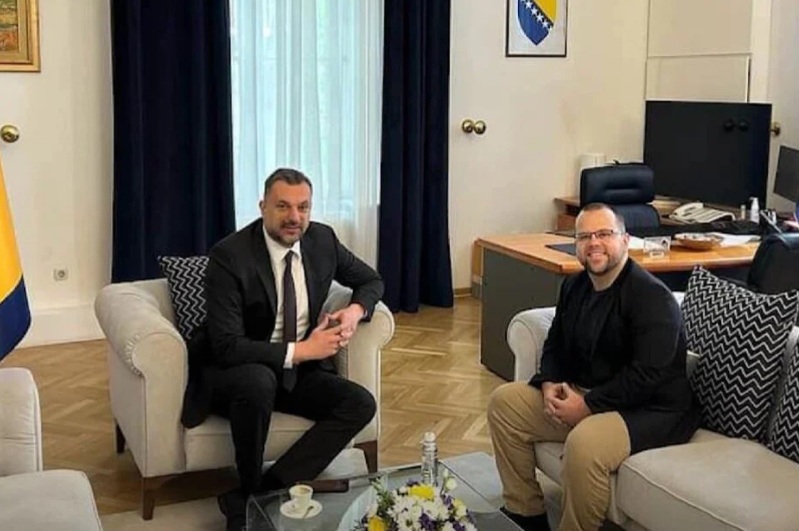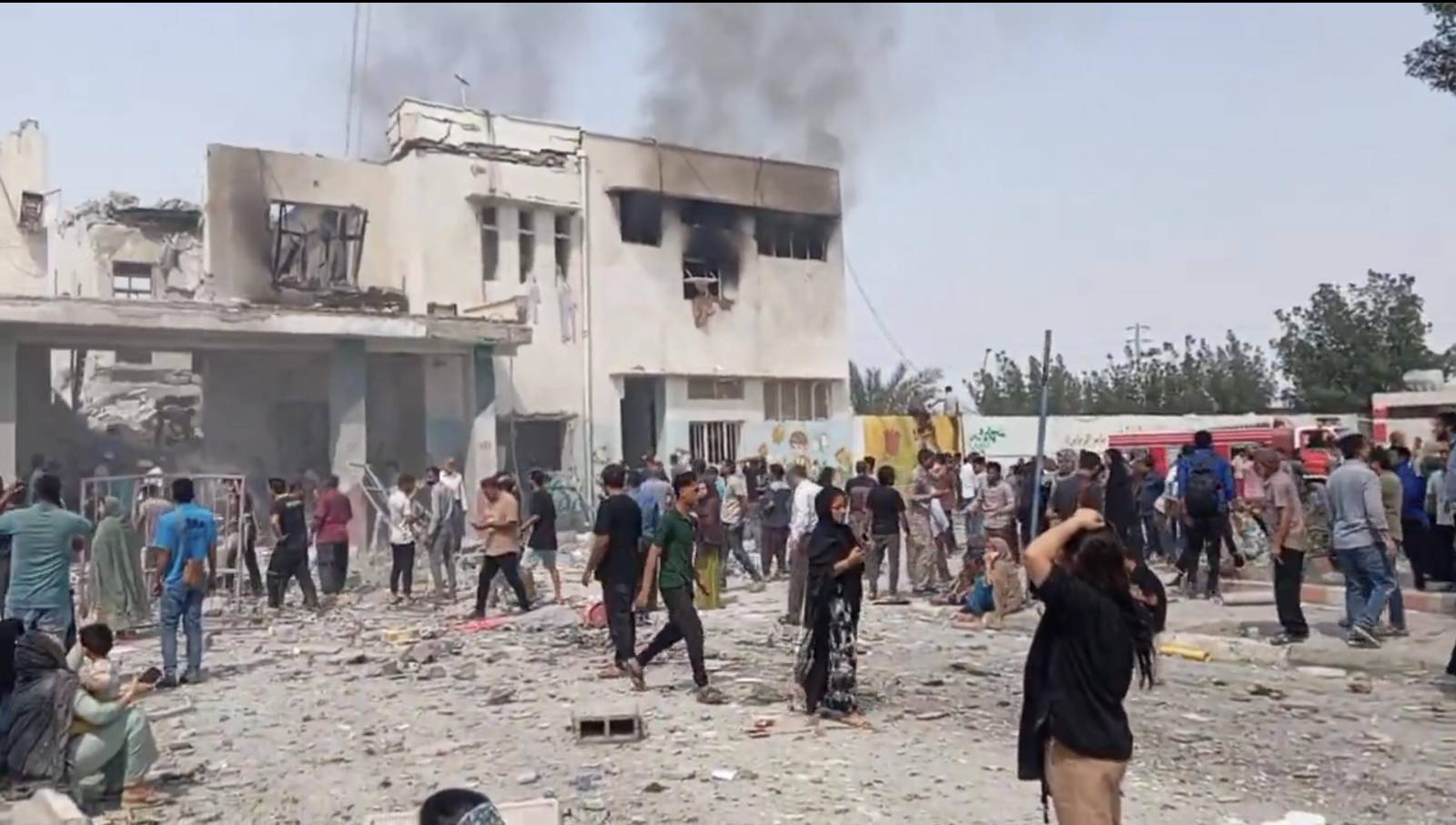Presidential contenders Kamala Harris and Donald Trump are courting the substantial Polish vote in “swing states” such as Pennsylvania and Michigan that will decide the US elections in November. At the same time, Poland itself has emerged as Europe’s rising power, as detailed in this author’s new book published in Washington this month.
Russia’s full-scale invasion of Ukraine precipitated a tectonic shift in European security by ending a relatively peaceful post-Cold War period and heralding a new era of international conflict. Moscow’s aggression has also moved the epicenter of European security eastward, with Poland emerging as the pivot along NATO’s eastern front in confronting an expansionist Russia.
Poland’s importance in the alliance is evident in its history, size, location, resources, defense commitments, regional role, and connections with the US. It is also based on firm economic, social, and political foundations. The Polish economy is the seventh largest in the European Union and the largest among all former Soviet bloc states that joined the Union. The economy rebounded impressively in the wake of the COVID-19 pandemic and steady annual growth in gross domestic product (GDP) is projected over the next few years.
With about 38 million citizens, Poland has the largest population of all the new NATO members. The country benefits from rising living standards, high levels of education, and significant professional expertise in a modern and diversified economy. Poland has also invested in its energy diversity by weaning itself off Russian fossil fuels, thereby disabling Moscow’s attempts at blackmail and political pressure.
Warsaw has made serious long-term investments in its military sector, force structure, and weapons acquisitions. The defense budget increased from 2.5% to 3.9% of GDP in 2023, with further increases planned over a five-year period to boost military capabilities and double troop numbers to about 300,000. According to recent NATO statistics, 23 out of 32 countries have reached the Alliance's 2% defense spending target. Poland topped the table at 4.12%, followed by Estonia (3.43%) and the US (3.38%).NATO also issued guidelines that at least 20% of annual defense expenditures should be allocated for purchasing military equipment. Poland and several Central European neighbors have consistently exceeded this target. Warsaw has allocated more than 50% of its defense spending on military modernization, the highest level in the alliance
Regardless of the government’s political identity, Poland views itself as a rising regional leader based on its historical record, economic potential, military prowess, and staunch opposition to Russian imperialism. Several reasons underscore Warsaw’s armaments boost. First, there is a lingering distrust of several western neighbors, particularly Germany and France, who are likely to avoid any direct conflict with Russia even if Poland is attacked. Second, it demonstrates to Washington that Poland is a reliable and capable ally. And third, Warsaw is determined to lead by example and encourage other NATO allies to fulfill their defense commitments.
Over the next few years, Poland will face three urgent regional challenges: promoting the reconstruction of Ukraine following Moscow’s destructive war, handling the regional impact of Russia’s external aggression, and managing the spillover of domestic turmoil in the Russian Federation in light of a declining economy and heavy military losses. Warsaw will need to develop a multi-dimensional strategy with its neighbors and allies, combining all information, cyber, economic, diplomatic, and military domains. With Washington’s close support, Warsaw must capitalize on Russia’s vulnerabilities, help shield NATO allies and partners from any negative security consequences, and plan for a prolonged period of regional instability and transformation, including the emergence of new political entities from a rupturing Russian Federation.
Poland views the US as an invaluable counterweight to the EU that helps counter naïve calls for Europe’s “strategic autonomy,” which would leave the continent defenseless. The EU is primarily perceived in Warsaw as an economically beneficial grouping that has been dominated by Germany and France but lacks any realistic capabilities or intentions to defend Poland or its neighbors in case of a Russian military attack.
Over the past decade, Germany became militarily weaker and economically more vulnerable because of its reliance on exports and dependence on Russian energy supplies until the 2022 war. In stark contrast, the US is perceived as a more reliable defender against Moscow’s imperial ambitions. Poland is bracing itself for two inter-related challenges: Russia’s renewed aggression against its neighbors if it prevails in Ukraine and Russia’s looming collapse if it continues to lose its war against Ukraine.
Moscow is trying to project an image of invincibility that may fool some Western politicians, but reality is diverging from myth. The civilian economy has been placed on a war footing, while the Kremlin’s decreasing financial reserves, diminishing development prospects, and shortages of high technology will paralyze its military buildup. Russia’s decline is deepened by its enormous military losses in Ukraine, a severely depleted corps of military officers and trained troops, and signs of opposition within the power structures over Putin’s war strategy.
Russia’s militarization and threats against neighbors have enabled Poland to project its regional influence. Warsaw is seeking to establish a modern version of the pre-communist Intermarium initiative, as a voluntary alliance of states based on solid infrastructural, economic, and security foundations that would help the region more effectively defend itself against Moscow’s imperialism. Poland will also be at the forefront in managing the consequences of Russia’s impending state rupture through its activist diplomacy and contacts with non-Russki nations.
Polish leaders have compared the country’s strategic importance to that of Japan and South Korea in the Pacific region. A close alliance with Poland as the anchor of transatlantic security directly benefits Washington’s global interests. Poland’s success will also help bolster the Western alliance in confronting other global challenges by underscoring that medium-sized states can play a crucial role in ensuring regional security and undermining imperialist aggressors.
Janusz Bugajski is a Senior Fellow at the Jamestown Foundation in Washington DC. His recent book is Failed State: A Guide to Russia’s Rupture. His new book published this autumn is titled Pivotal Poland: Europe’s Rising Power.

